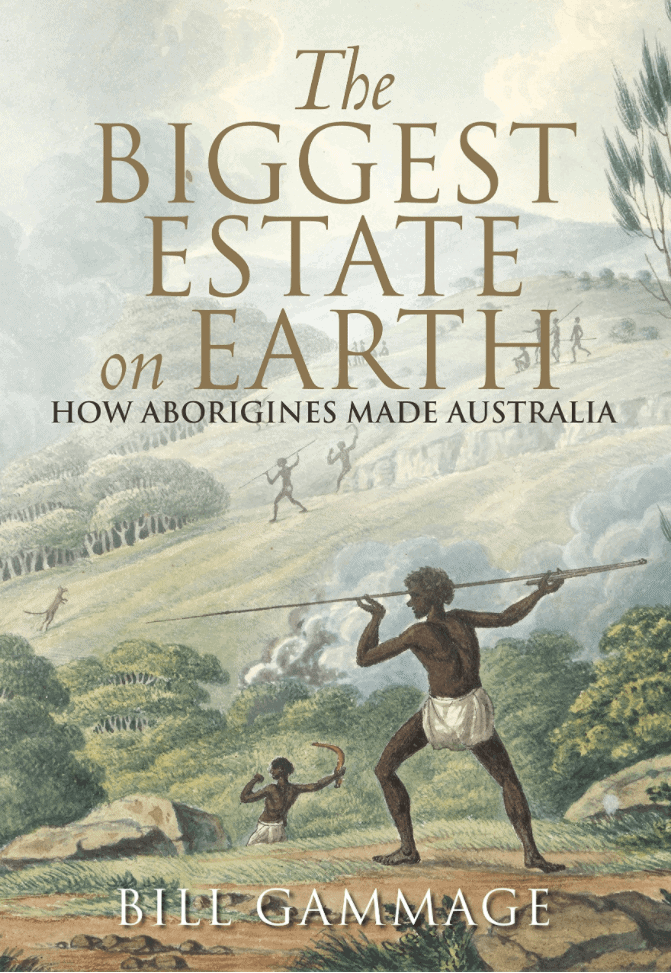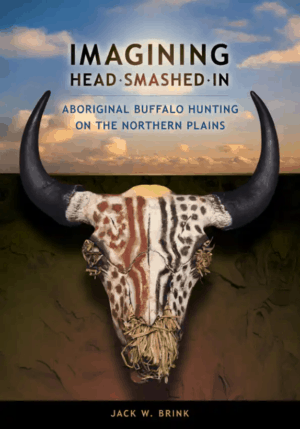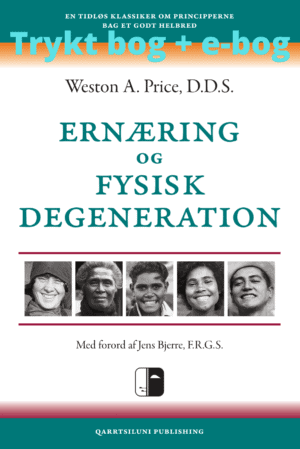Beskrivelse
Explores the myth that pre-settlement Australia was an untamed wilderness revealing the complex, country-wide systems of land management used by Aboriginal people.
Across Australia, early Europeans commented again and again that the land looked like a park. With extensive grassy patches and pathways, open woodlands and abundant wildlife, it evoked a country estate in England. Bill Gammage has discovered this was because Aboriginal people managed the land in a far more systematic and scientific fashion than we have ever realised.
For over a decade, Gammage has examined written and visual records of the Australian landscape. He has uncovered an extraordinarily complex system of land management using fire and the life cycles of native plants to ensure plentiful wildlife and plant foods throughout the year. We know Aboriginal people spent far less time and effort than Europeans in securing food and shelter, and now we know how they did it.
With details of land-management strategies from around Australia, The Biggest Estate on Earth rewrites the history of this continent, with huge implications for us today. Once Aboriginal people were no longer able to tend their country, it became overgrown and vulnerable to the hugely damaging bushfires we now experience. And what we think of as virgin bush in a national park is nothing of the kind.
Bill Gammage is a historian and adjunct professor in the Humanities Research Centre at the Australian National University. He is best known as author of the ground-breaking The Broken Years: Australian Soldiers in the Great War.
Awards: Short-listed NSW Premier’s Literary Awards (Douglas Stewart Prize) 2013 AU; Short-listed Australian Historical Association Prizes (Kay Daniels Award) 2012 AU; Short-listed Australian Book Industry Awards (General Non-Fiction Book of the Year) 2012 AU; Winner Canberra Critics’ Circle Award 2012 AU; Winner Queensland Literary Awards (History Book Award) 2012 AU; Winner ACT Book of the Year Award 2012 AU; Winner Victorian Prize for Literature, and Victorian Premier’s Literary Awards (Prize for Non-Fiction) 2012 AU; Winner Prime Minister’s Prize for Australian History 2012 AU; Winner Manning Clark House National Cultural Awards (Individual Category) 2011 AU





Anmeldelser
Der er endnu ikke nogle anmeldelser.